Do you prioritize buying organic products, but sometimes find yourself unsure if what you're purchasing is truly organic?
We get it. With so many products on the market claiming to be organic, it can be tricky to know if you're getting the real deal or just a marketing ploy.
In this post, we'll explore how to know if the products you're buying are actually organic, and equip you with the knowledge you need to confidently make informed purchasing decisions. So, let's dive in and demystify the world of organic products!
What Does “Organic” Actually Mean?
The term "organic" refers to the way agricultural products are grown and processed. Organic farming practices prioritize soil health, conservation, and the use of natural methods to control pests and weeds, while avoiding the use of synthetic fertilizers, pesticides, herbicides, and genetically modified organisms (GMOs).
Choosing organic products not only benefits the environment, but it also offers health benefits as these products are free from harmful chemicals and toxins. However, not all products labeled as "organic" are truly organic. Unfortunately, some companies use misleading labeling or false advertising to take advantage of the growing demand for organic products. That's why it's essential to have a clear understanding of the labeling and certification processes to ensure that the products you're buying are actually organic.
Who Can Call Their Products “Organic”?
When it comes to determining whether a product is truly organic, one important factor to consider is the labeling. In the United States, the term "organic" is regulated by the USDA, and any product labeled as "organic" must meet specific standards for organic farming and production practices. Products labeled as "100% organic" must contain only organic ingredients, while those labeled simply as "organic" must contain at least 95% organic ingredients.
Products that contain less than 70% organic ingredients cannot use the term "organic" on their label, and products that contain between 70% and 95% organic ingredients can use the phrase "made with organic ingredients."
That said, just because terms are regulated by the government, doesn’t mean they’ve been checked and approved. So just because they're using the words “organic” or “organic ingredients” doesn’t mean the product is guaranteed to be what it claims.
The USDA Badge
The best indicator is the USDA Certified Organic green badge. It’s basically the ultimate stamp of approval for organic food products. It means that the product you're buying meets the standards set forth by the USDA for organic farming and production practices. But what exactly does it take to earn this prestigious badge?
Clean Growing Practices
First things first, to even be considered for USDA certification, a product has to be grown and processed without the use of synthetic fertilizers, pesticides, herbicides, or genetically modified organisms (GMOs). That means farmers have to use natural methods to control pests and weeds—like crop rotation, companion planting, and natural pest control methods.
Clean Soil
Next, the land used for farming must be free from prohibited substances, such as synthetic fertilizers and pesticides, for at least three years prior to the certification process. This ensures that the soil is healthy and free from chemical residue. This is especially important for hemp, which has a tendency to soak up whatever (good or bad) is in the soil it’s grown in.
High-Quality Seeds & Substances
Only approved methods and substances can be used during the production process. This means that farmers must use organic seeds, and the USDA must approve any substances used during processing for organic production. These approved substances include certain natural fertilizers, pest control methods, and processing aids.
Approved Manufacturing Processes
Every part of the manufacturing process—including extraction, mixing, and bottling—must use methods, solvents, and ingredients that have been approved by the USDA.
Must Be at Least 95% Organic
Products labeled as "USDA Certified Organic" must contain at least 95% organic ingredients. Products that contain less than 95% organic ingredients can use the term "made with organic ingredients," but they cannot use the USDA Certified Organic green badge.
Rigorous Inspections
Now, to earn that coveted green badge, farmers and producers must undergo rigorous inspections by a USDA-accredited certifying agent. These agents check out the farm or processing facility to ensure all USDA organic standards are met. And to keep the certification, farmers and producers have to keep detailed records of their farming and processing practices, which have to be made available to the certifying agent during the inspection process.
In addition to these requirements, there are also specific requirements for different types of organic products. For example, organic meat must come from animals that have been raised on organic feed and have access to the outdoors. Organic dairy products must come from cows that have access to pasture and are not given hormones or antibiotics.
Overall, earning the USDA Certified Organic green badge is a rigorous process that requires farmers and producers to adhere to strict standards for organic farming and production practices. This is ideal, but we understand that it can be expensive.
For instance, here at Joy Organics, we pay between 50% - 200% extra for the ingredients we use in our USDA-certified formulas. We do it because we know that the badge is a valuable assurance that the products our customers are purchasing have been produced in an environmentally sustainable and socially responsible manner.
So, the next time you're shopping for organic products, look for the coveted USDA Certified Organic green badge—your body and the planet will thank you!




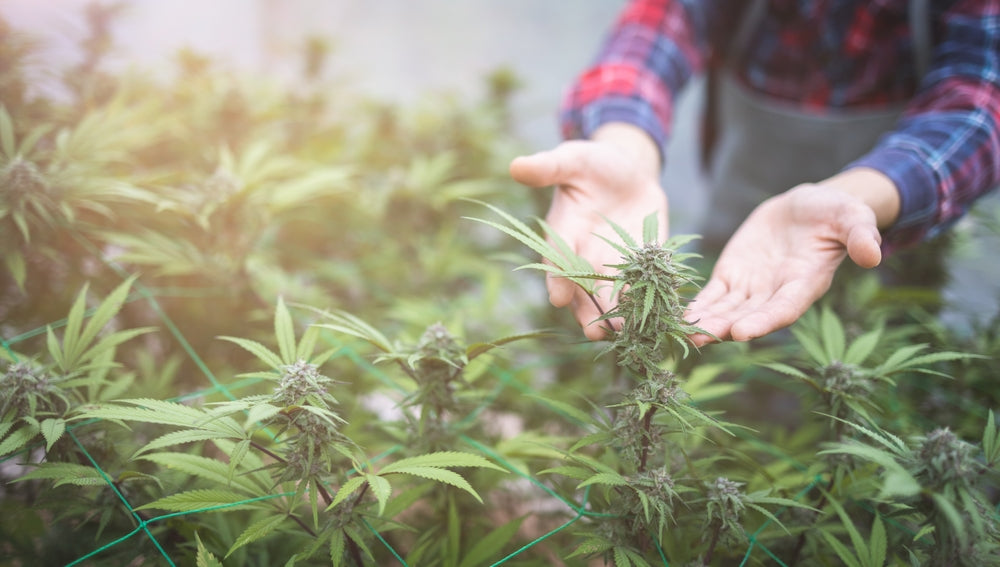



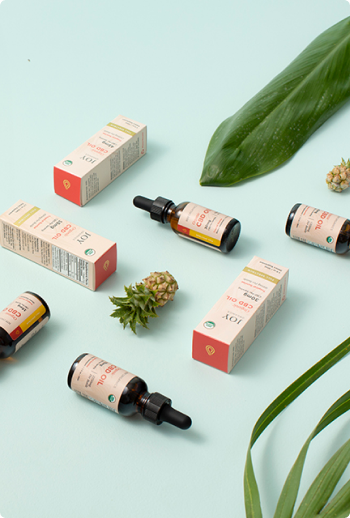
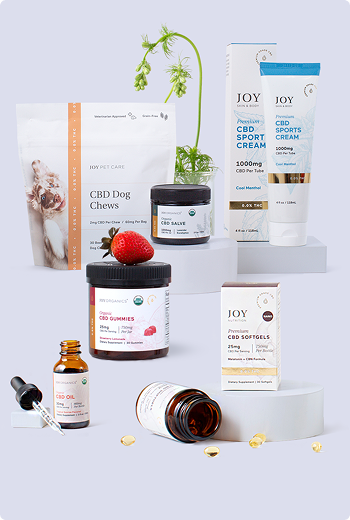
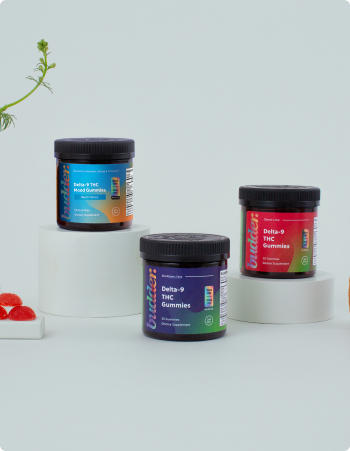













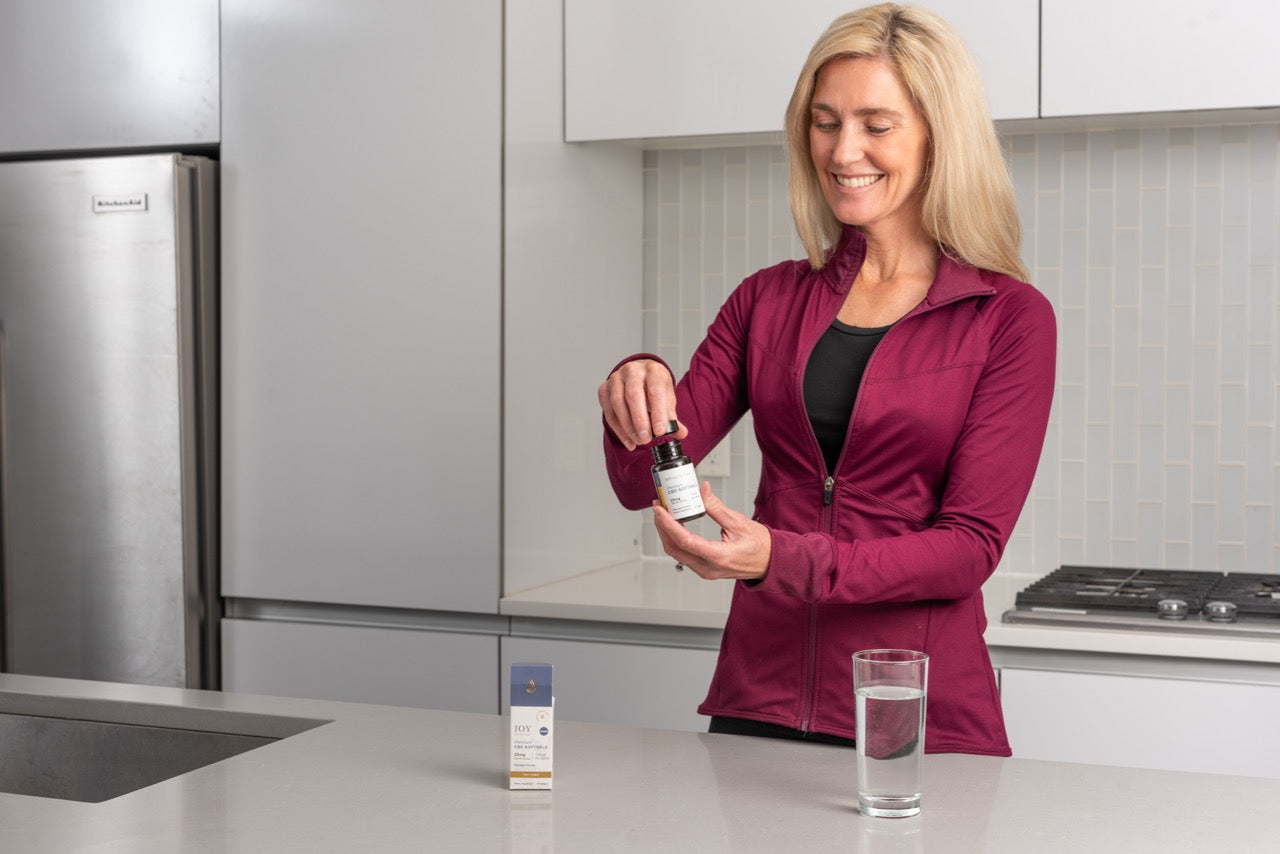





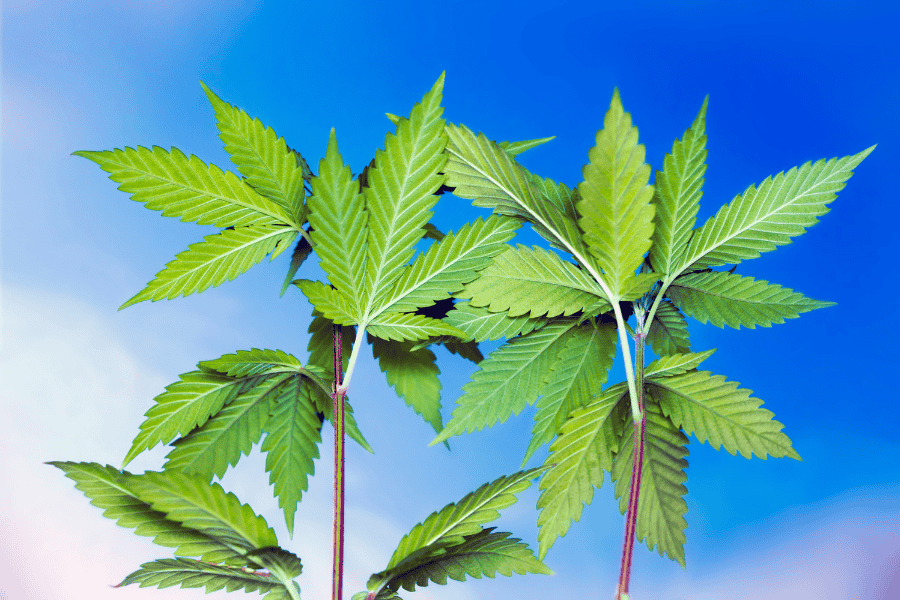


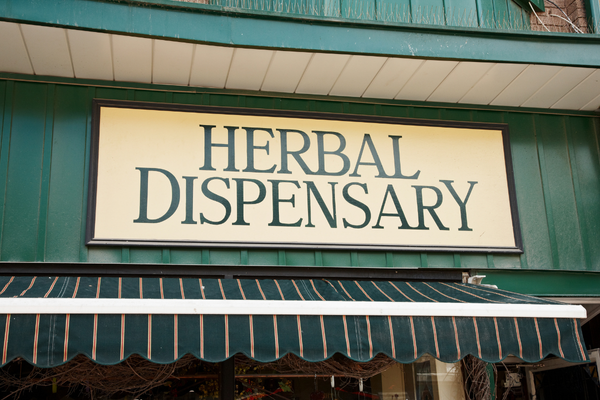



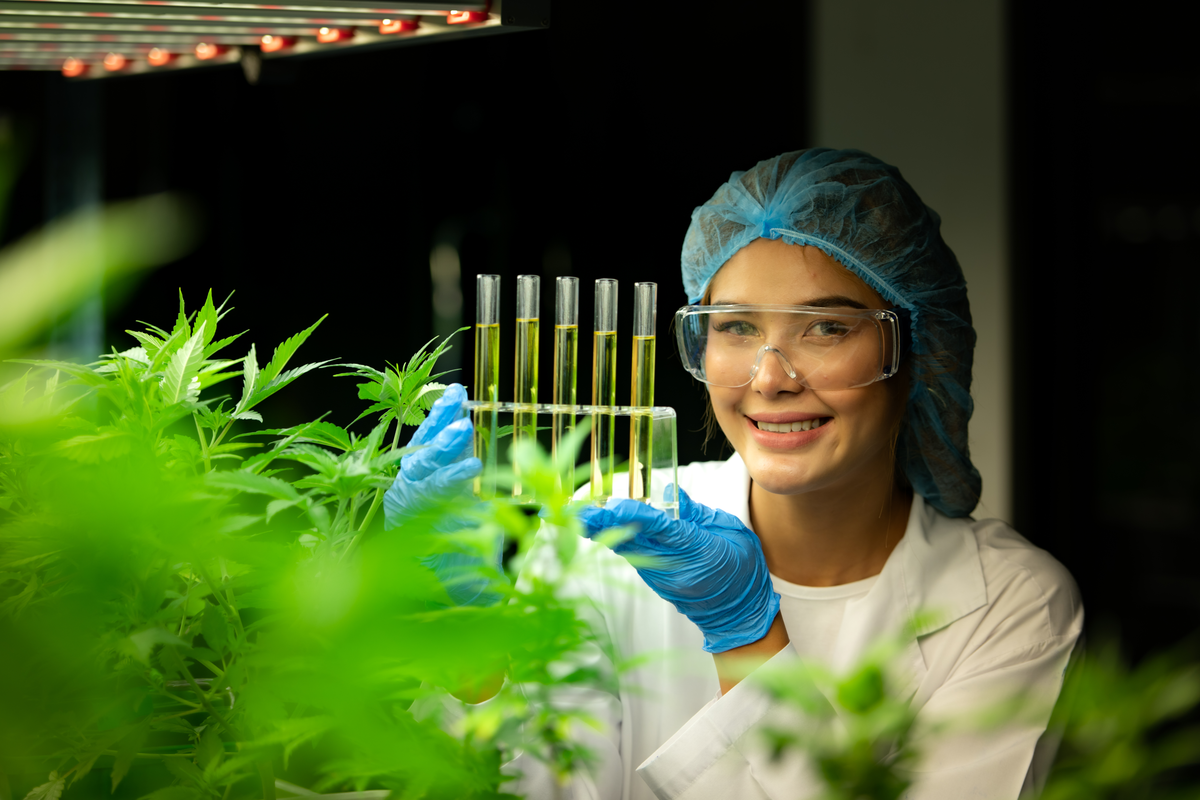

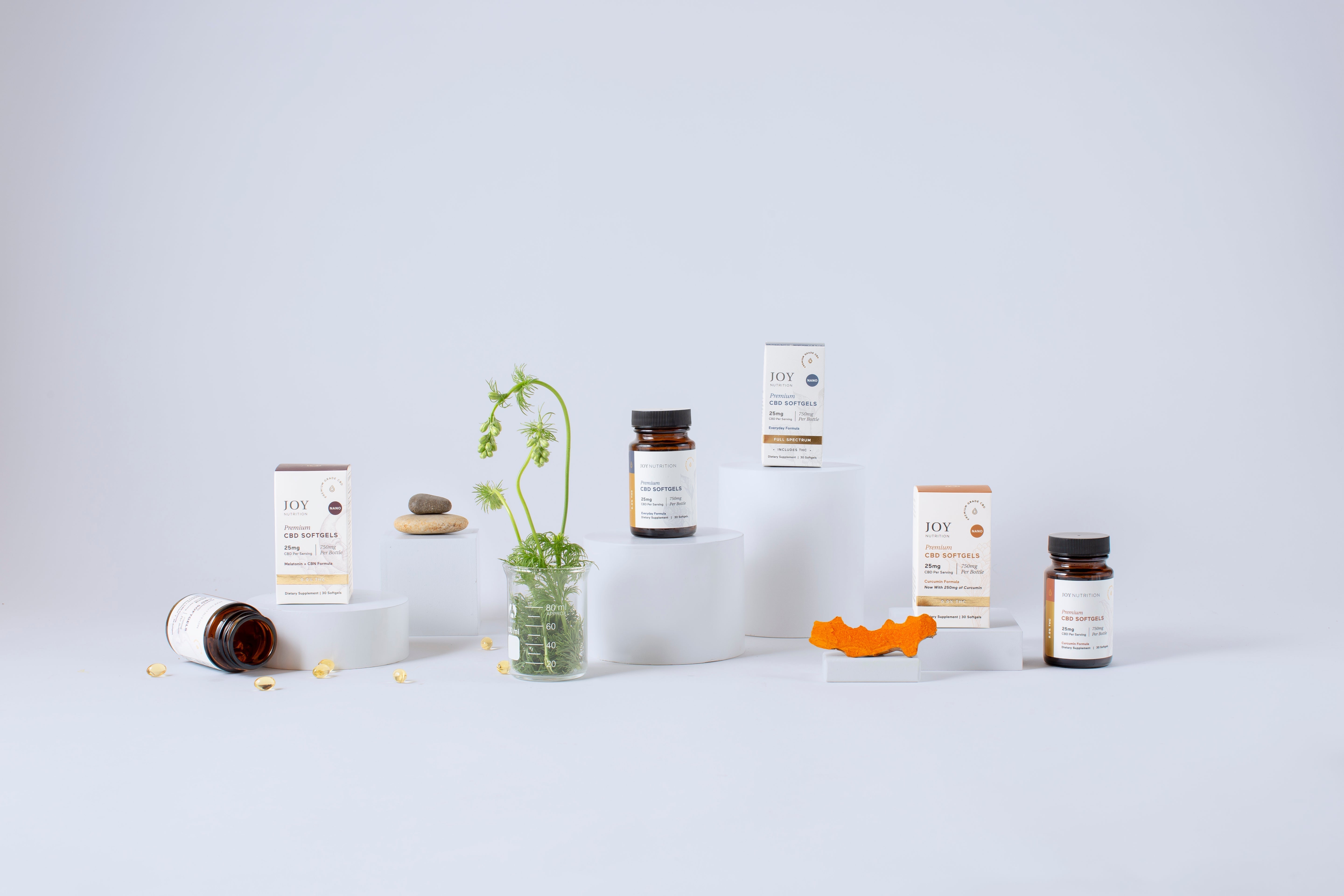



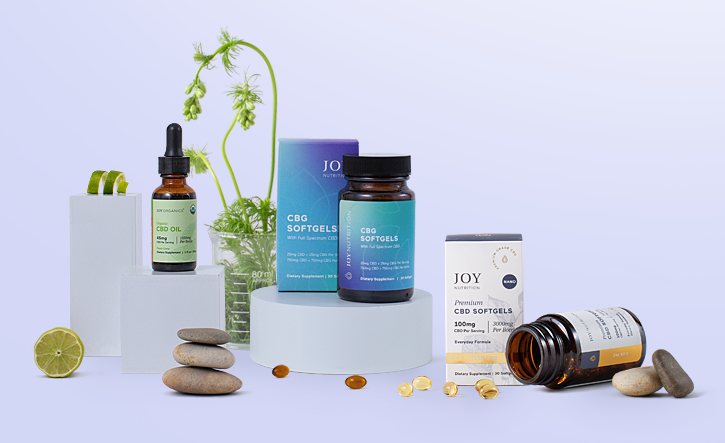


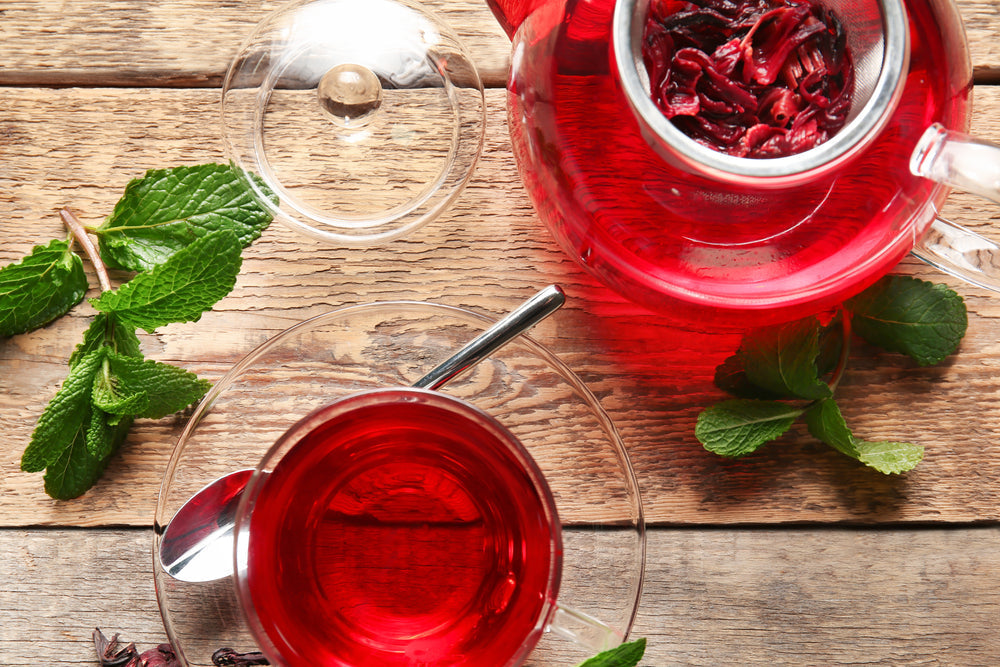


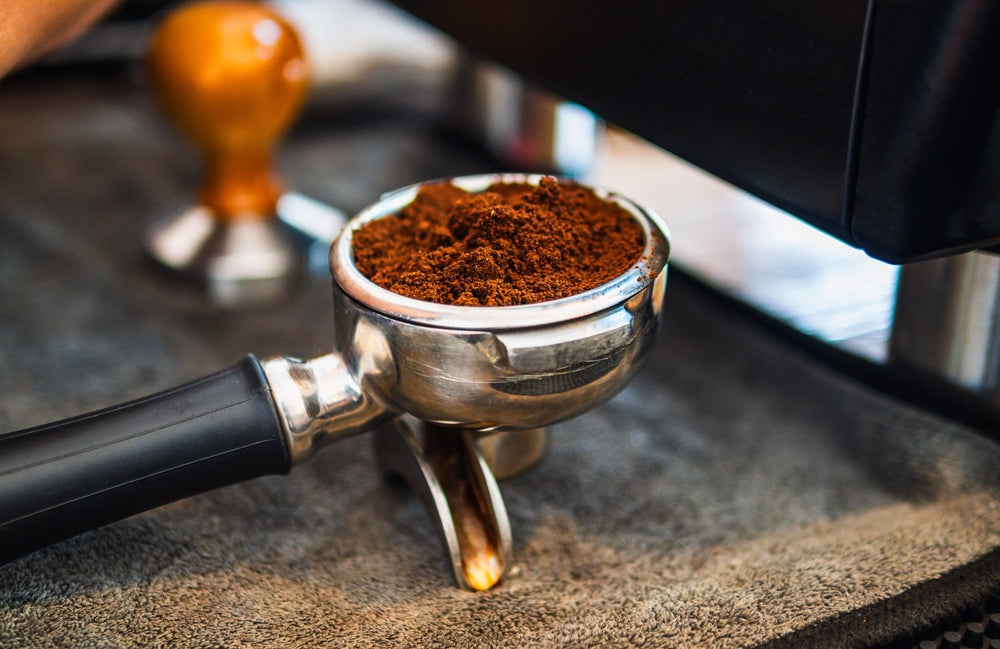

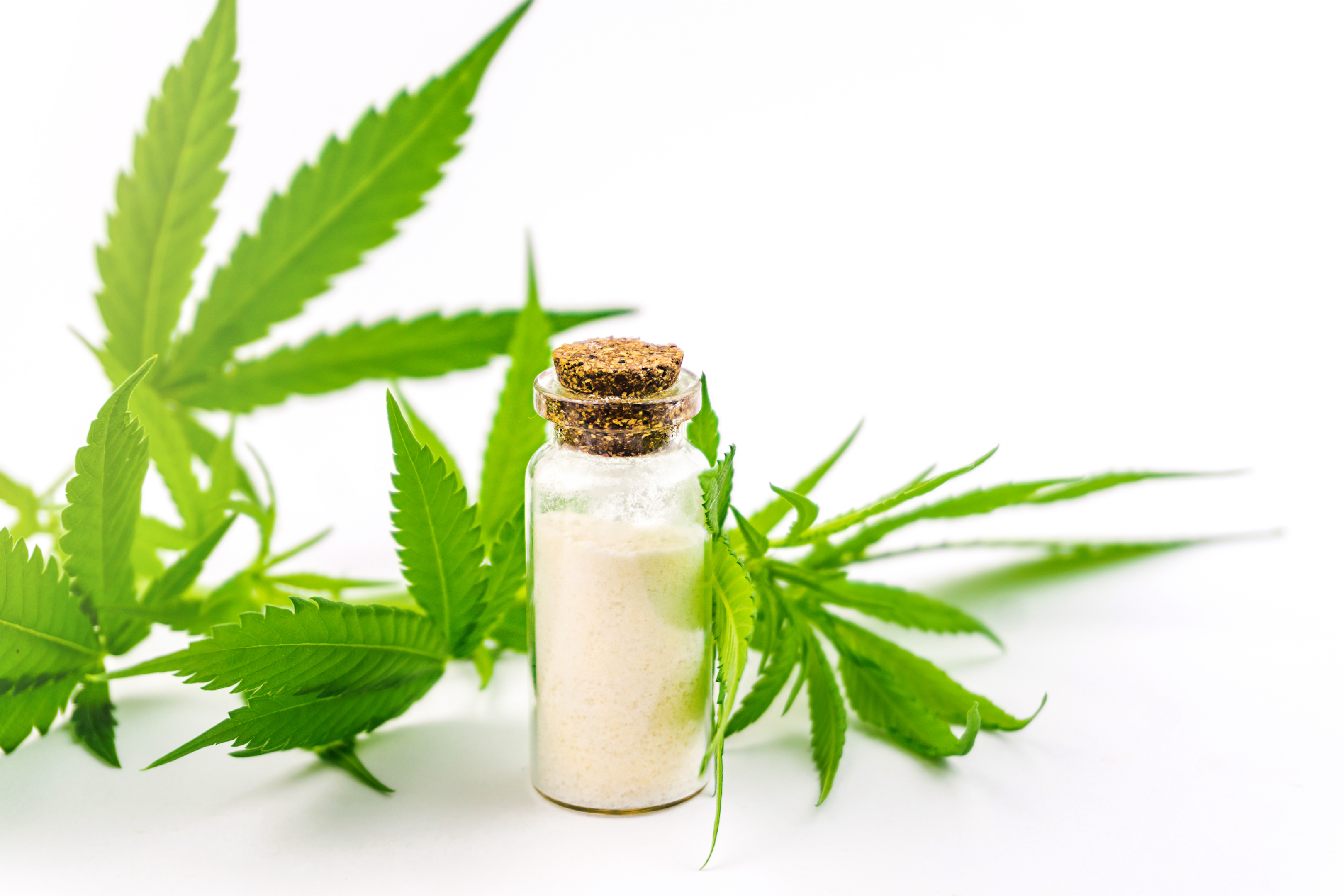
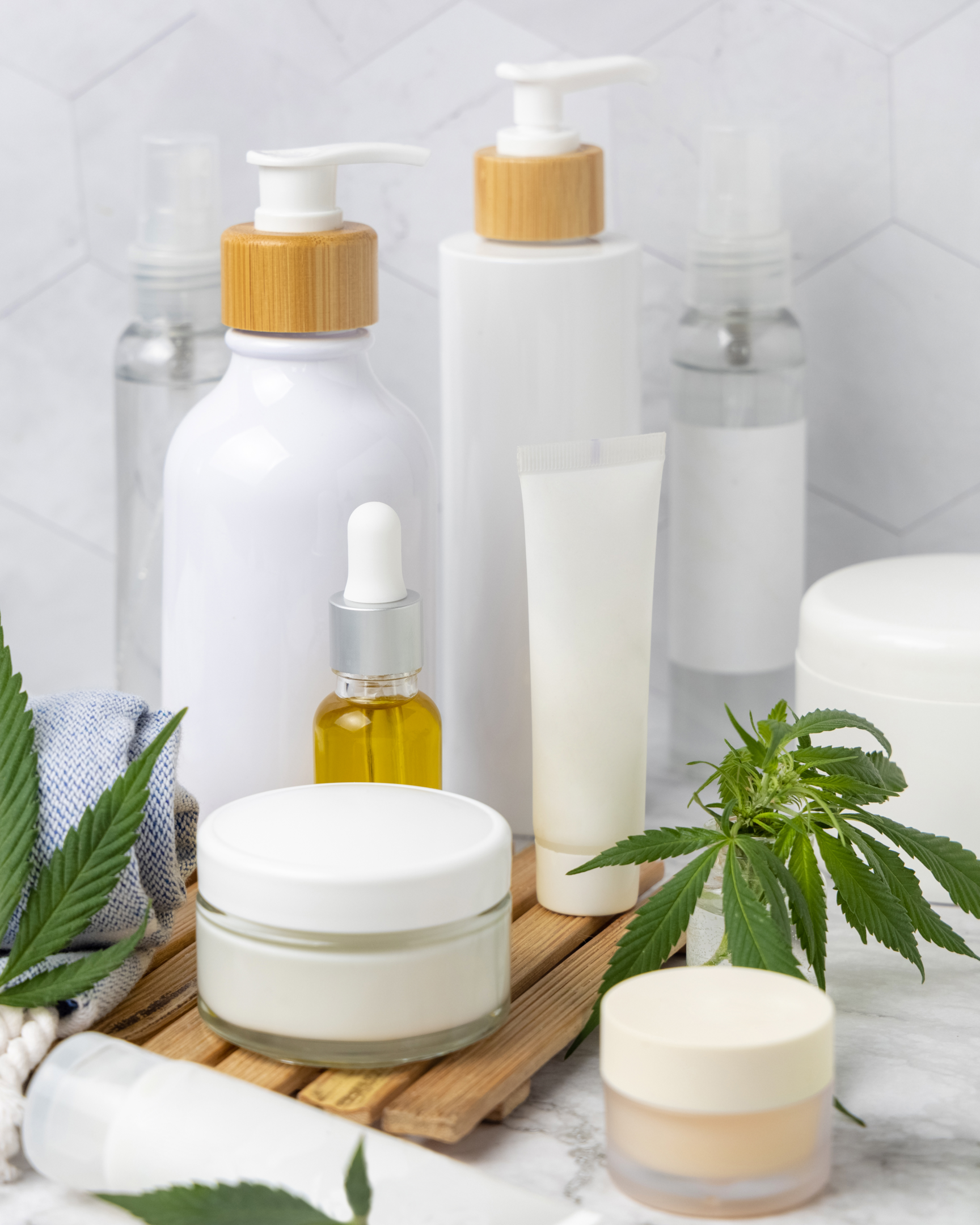
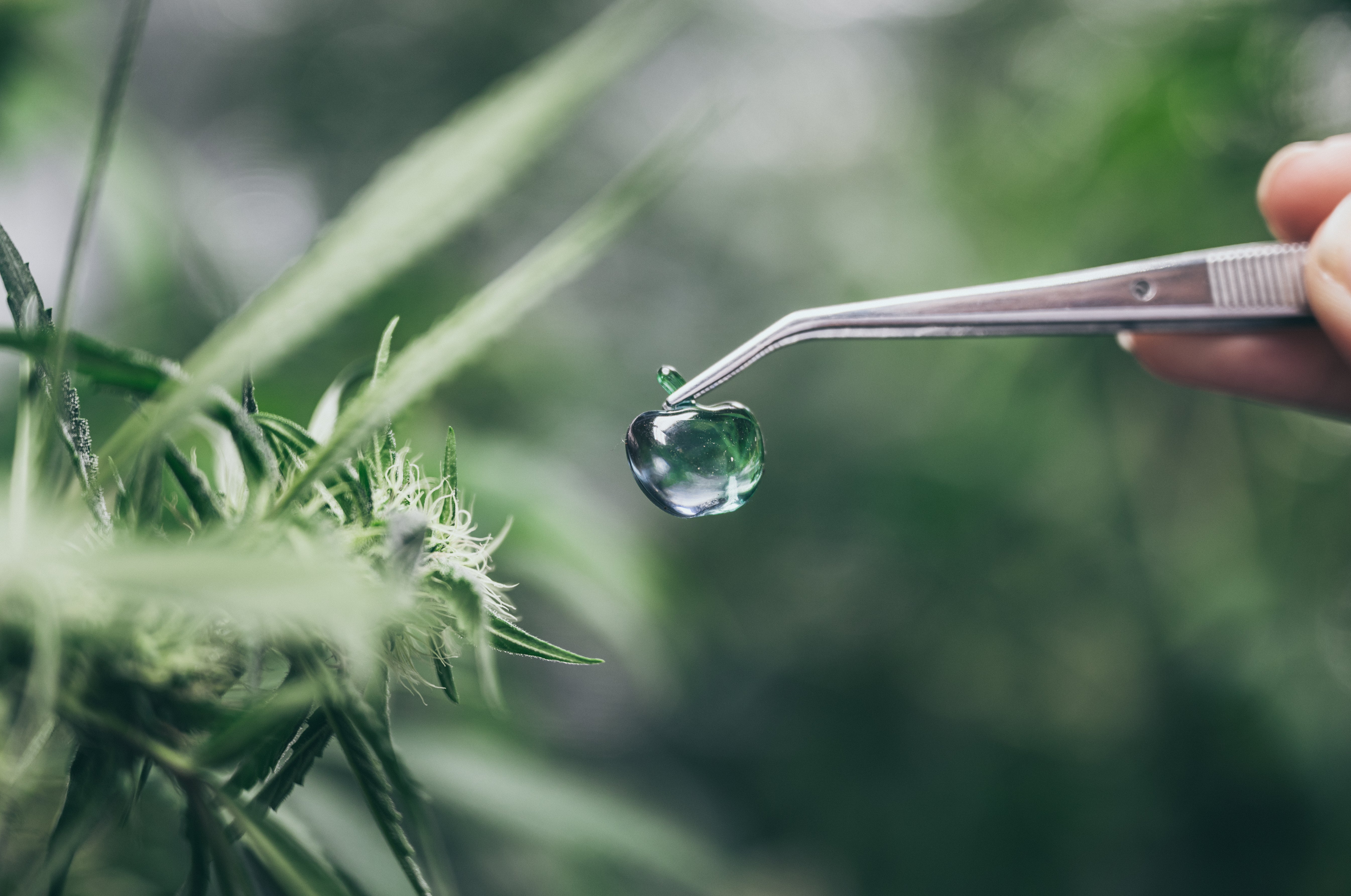

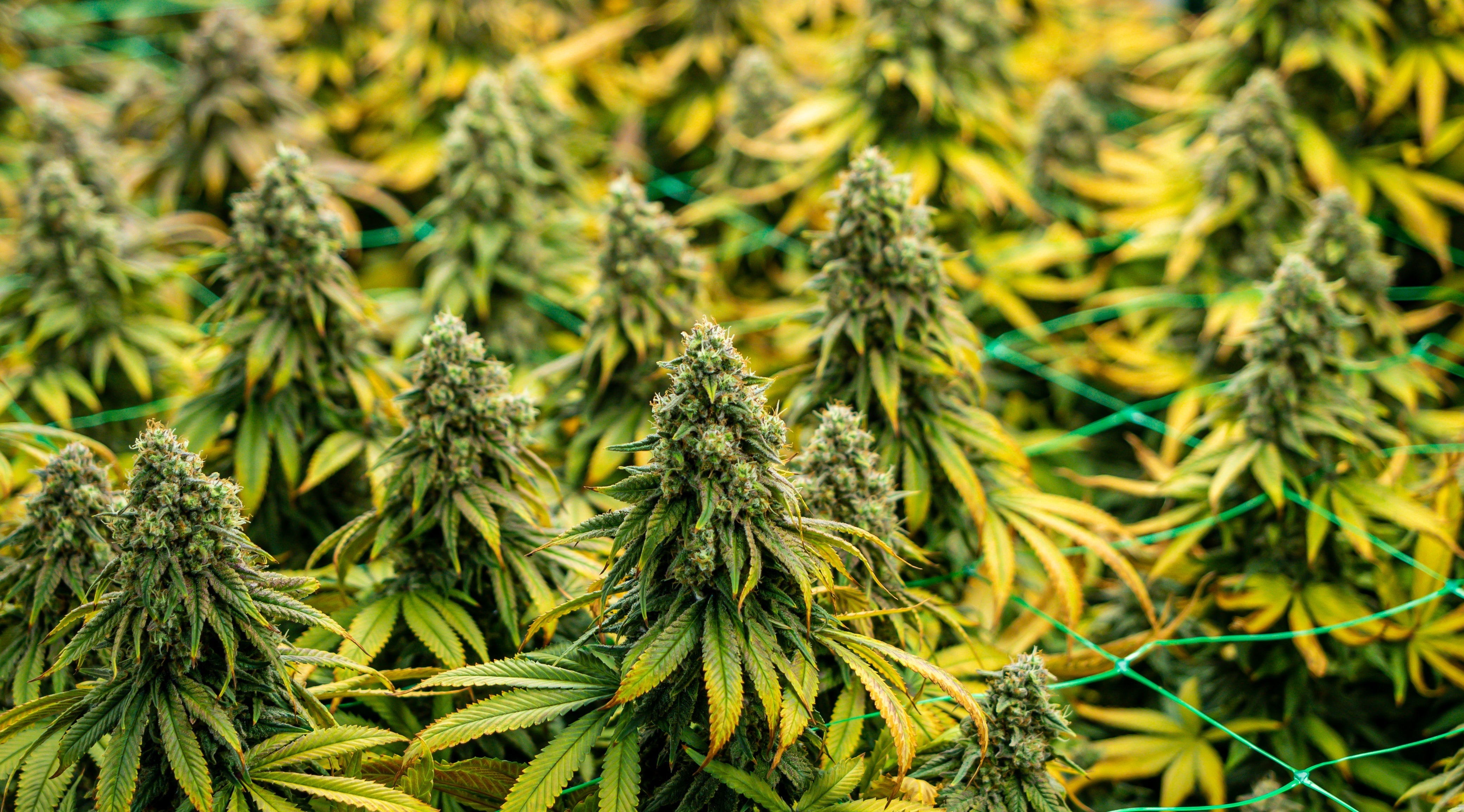
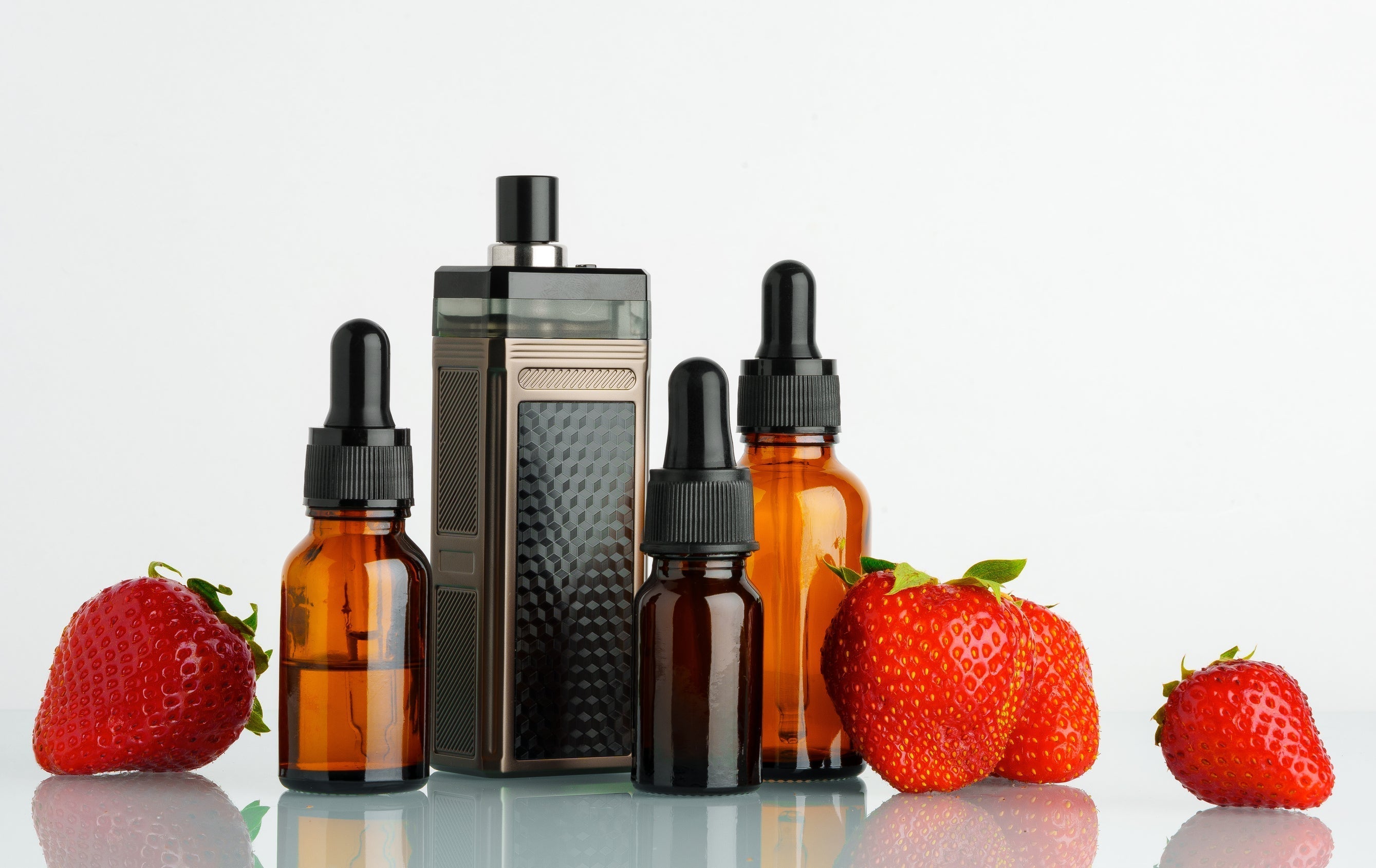

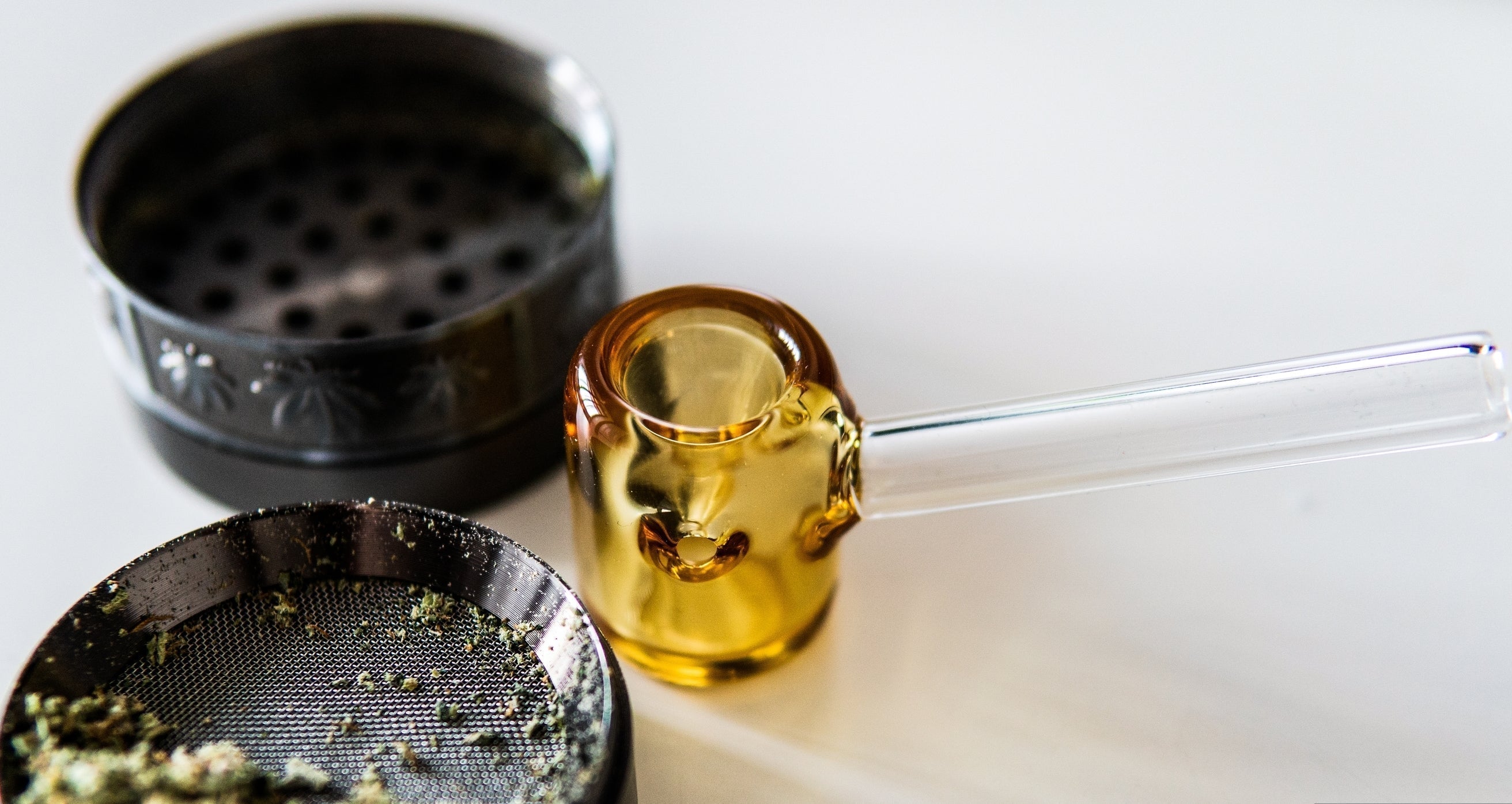
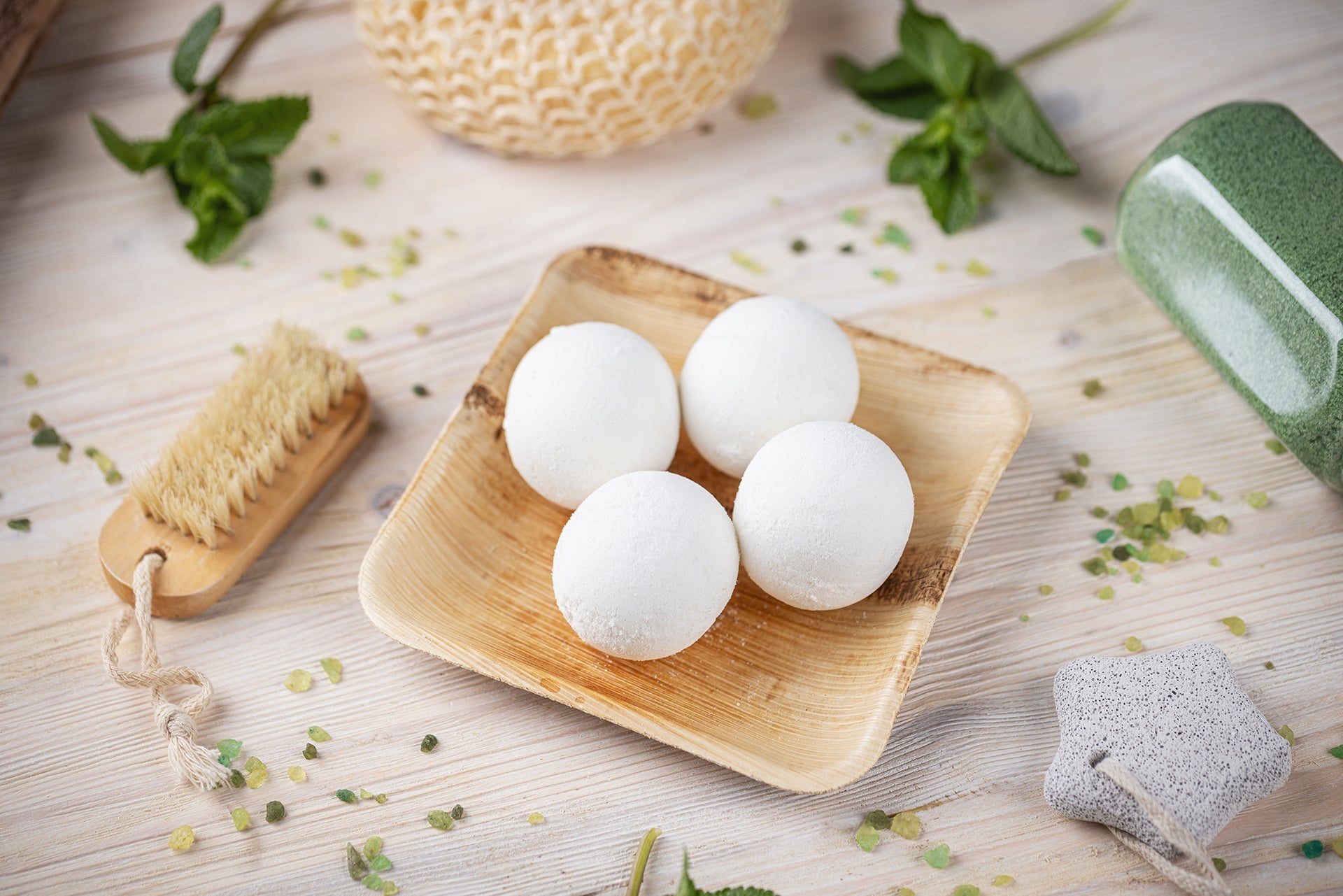
Join in on the Conversation
Your email address will not be published. Once your comment is approved, it will be published.